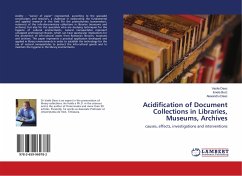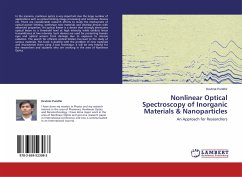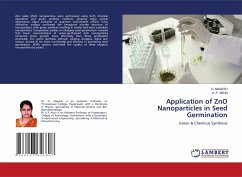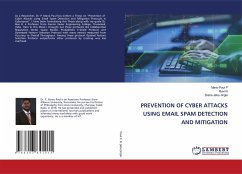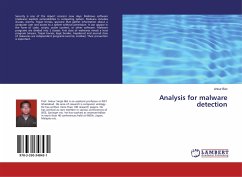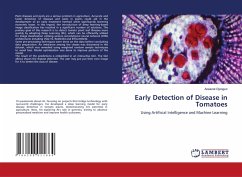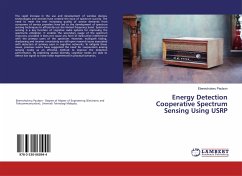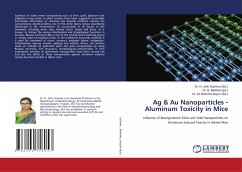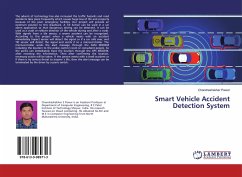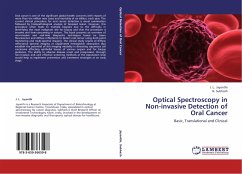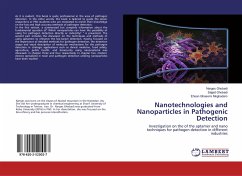
Nanotechnologies and Nanoparticles in Pathogenic Detection
Investigation on the of the aptamer and nano techniques for pathogen detection in different industries
Versandkostenfrei!
Versandfertig in 6-10 Tagen
36,99 €
inkl. MwSt.

PAYBACK Punkte
18 °P sammeln!
As it is evident, this book is quite professional in the area of pathogen detection. In the other words, this book is tailored to guide the senior researchers or PhD students who are motivated to enrich their knowledge on the fast and high accuracy methods of pathogen detection. In the first section, a summarized but complete information about the fundamental question of" Which nanoparticles can have the possibility of using for pathogen detection directly or indirectly? " is presented. The second part includes the discussion on the techniques and methods of using aptamers to enhance the bio-t...
As it is evident, this book is quite professional in the area of pathogen detection. In the other words, this book is tailored to guide the senior researchers or PhD students who are motivated to enrich their knowledge on the fast and high accuracy methods of pathogen detection. In the first section, a summarized but complete information about the fundamental question of" Which nanoparticles can have the possibility of using for pathogen detection directly or indirectly? " is presented. The second part includes the discussion on the techniques and methods of using aptamers to enhance the bio-target detection. Having focused on the importance of detailed methods for pathogen detection, the detection assays and visual description of molecular mechanisms for the pathogen detection in strategic applications such as clinical medicine, food safety, agriculture, public health, and biosecurity using nanomaterial was discussed. in chapter three and four respectively. In chapter five, modern devices specialized in toxin and pathogen detection utilizing nanoparticles have been studied.



